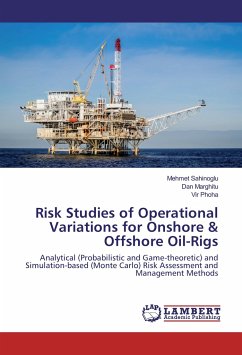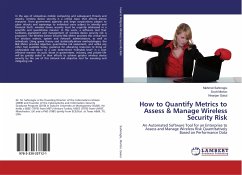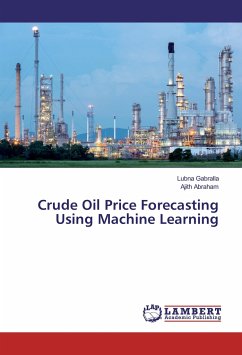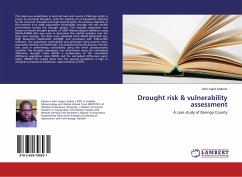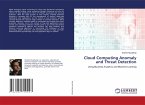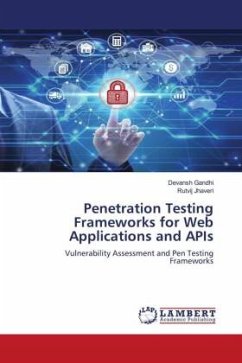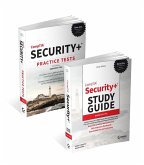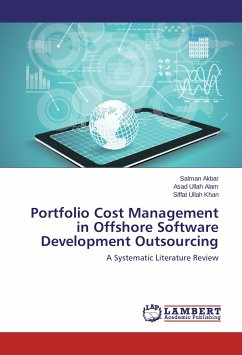This book addresses analytical (probabilistic and game theoretic) and simulation-based (Monte Carlo) treatments of Risk Assessment and Risk Management methodology using observational outcomes for unwanted oil spills and gas releases so as to study certain goals such as developments for attaining improved response, mitigation, detection, characterization, and remediation associated with preventing unwanted catastrophes. Cost-effective decision engines are employed for best practices. With the latest headlines in U.S. newspapers and overall electronic news media, U.S. rises to No. 1 Energy Producer having recently surpassed Russia and Saudi Arabia in the amount of crude oil production and natural gas thereby causing "a startling shift that is reshaping markets and eroding the clout of traditionally energy-rich nations". After the notoriously overwhelming BP's "Deepwater Horizon" disastrous inferno, this article has significant merit on the same topic of risk assessment and management by mitigating the oil-rig disaster probabilities. This is why analytical/statistical and simulation-based cost-effective risk assessment methods have gained significance for onshore & offshore oil-rigs.
Bitte wählen Sie Ihr Anliegen aus.
Rechnungen
Retourenschein anfordern
Bestellstatus
Storno

